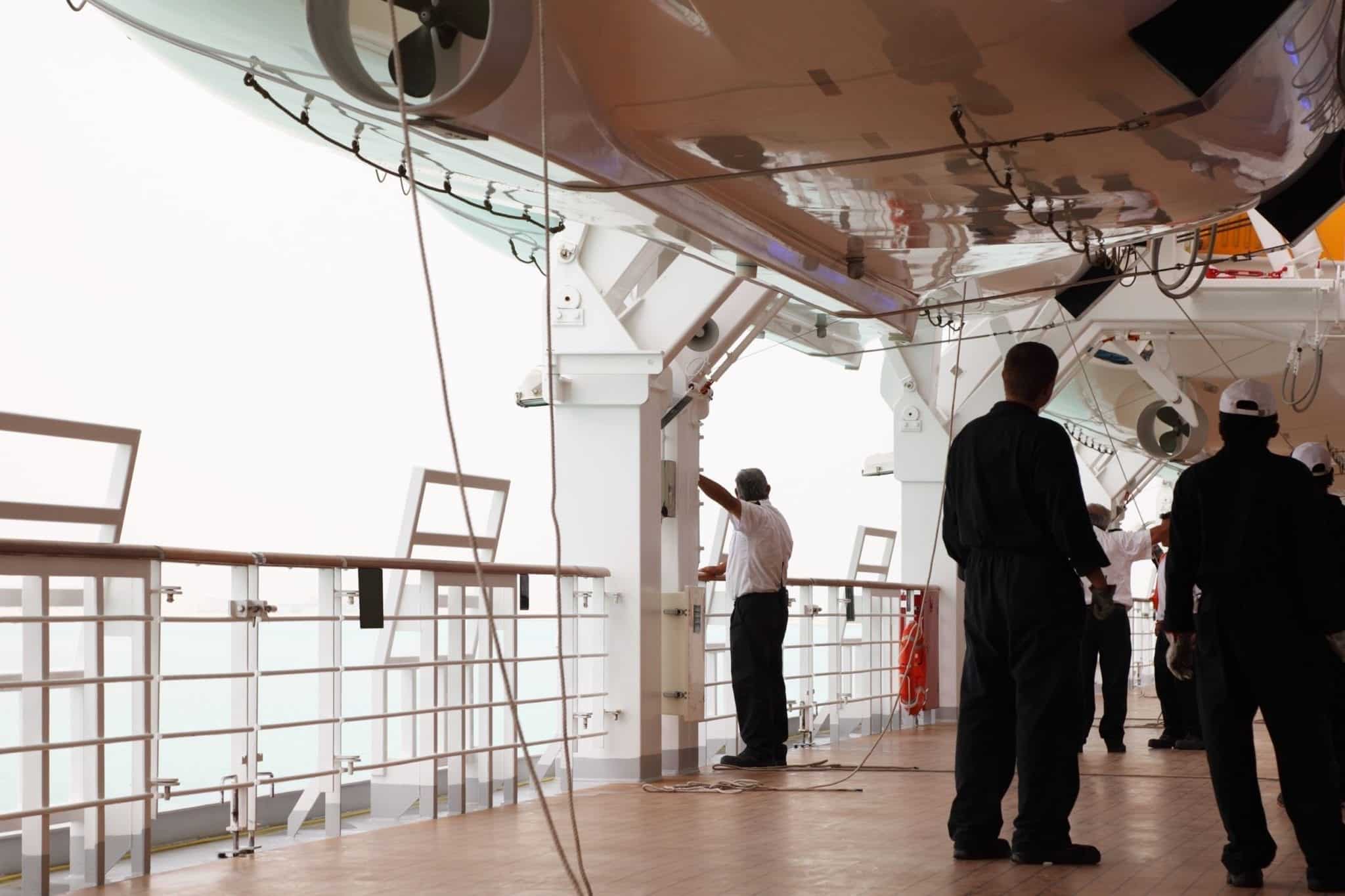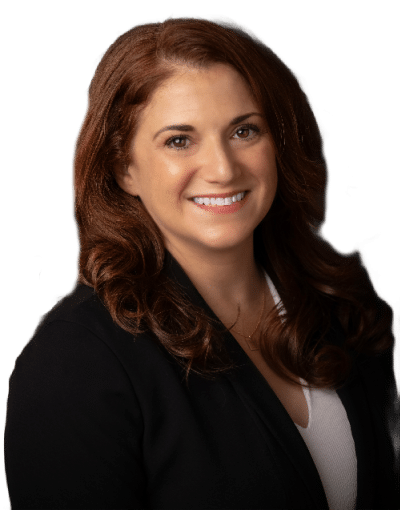On March 7th, 2015, Cameron Smook, a senior at Virginia Tech, lost his life after falling overboard on a Carnival cruise ship. The incident occurred just one day after Smook and his friends boarded the cruise ship, turning what should have been a relaxing vacation into a nightmare.
Naturally, this tragedy has elicited an outpouring of condolences and support for the family. But it has also sparked something else—outright rage. Some people, including United States Senator Richard Blumenthal, have been arguing that Smook’s death was entirely avoidable and that Carnival should be “ashamed and embarrassed” that it allowed this tragedy to happen. And they’re not wrong.
Embracing Cruise Ship Technology
As Sen. Blumenthal pointed out, there is current technology available that is able to detect when a passenger falls overboard on a ship. These “man overboard systems” range from water-activated units (e.g., bracelets) that passengers can wear which would alert the crew if someone falls overboard, to fully automated systems that use infrared and sonar technology to patrol entire the perimeter of cruise ships. Some of these latter systems have reported a 95% average detection probability.
According to the Cruise Vessel Safety and Security Act of 2010, cruise ships must “integrate technology that can be used for capturing images of passengers or detecting passengers who have fallen overboard, to the extent that such technology is available.”
Well, the technology is available. But it’s not being implemented.
The failure to implement safety precautions like man overboard systems is not only negligent, it is criminal. Cruise lines should not be allowed to get away with these heinous acts of noncompliance, especially when those acts can lead to such tragic accidents.
In a statement, Carnival assured the public that despite the Cruise Vessel Safety and Security Act of 2010 mandate that cruise lines to integrate life-saving man overboard technology, “to date, no man-overboard detection system has shown to perform reliably enough for wide-scale deployment.” But they assure the public that these technologies are constantly being developed and tested.
First, Carnival seems to be mistaken here. The technology does in fact exist, and it has been proven effective. Further, the “development and trial” of these new technologies will do nothing for the families of people like Cameron who have lost loved ones as a result of negligent cruise lines. And as Senator Bloomenthal pointed out, there have already been four cases of individuals falling overboard on cruise ships in the past two months alone.
 Cruise Lines Must be Held Accountable
Cruise Lines Must be Held Accountable
The failure to implement potential life-saving systems just goes to show that major cruise lines do not always do the best thing for their passengers. Despite their claims to want to provide families with safe, fun, and memorable getaways, cruise lines may not always have the customers’ best interests at heart.
The only way to ensure that tragedies like these do not happen anymore is to hold these cruise lines responsible for their negligence. Demanding accountability is one of the best ways to bring about change, especially when it comes to major companies like cruise lines. By taking action, you can help to ensure safer cruise vacations for everybody.
If you or someone you know has been injured on board a cruise ship, contact our law offices and make sure that those responsible are held accountable.
About the Author:
Andrew Winston is a partner at the personal injury law firm of The Law Office of Andrew Winston. He has been recognized for excellence in the representation of injured clients by admission to the Million Dollar Advocates Forum, is AV Rated by the Martindale-Hubbell Law Directory, and was recently voted by his peers as a Florida “SuperLawyer”—an honor reserved for the top 5% of lawyers in the state—and to Florida Trend’s “Legal Elite.”






